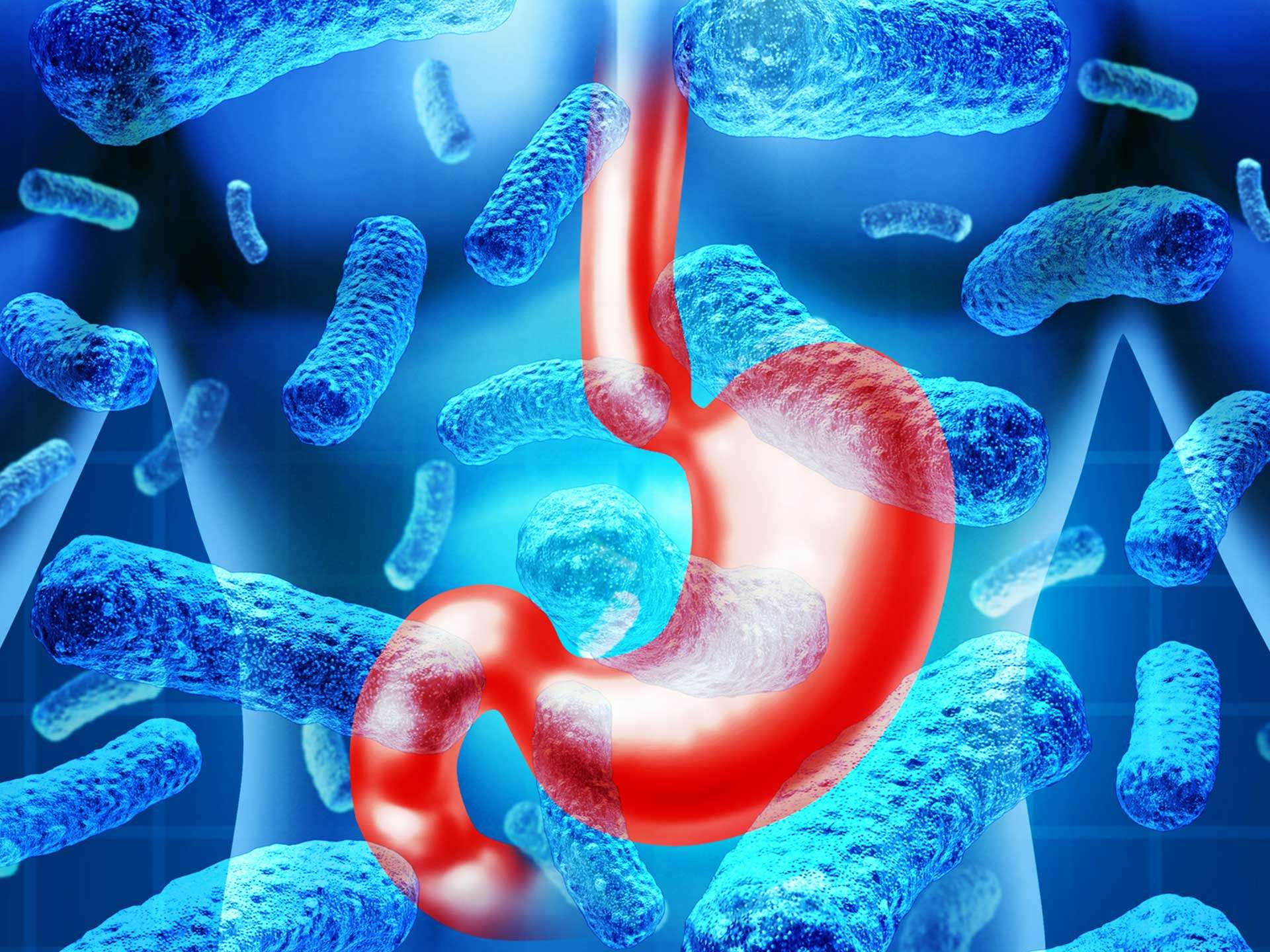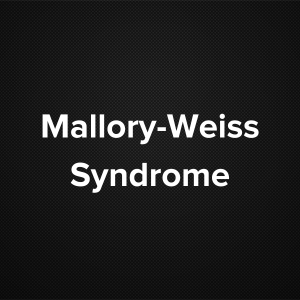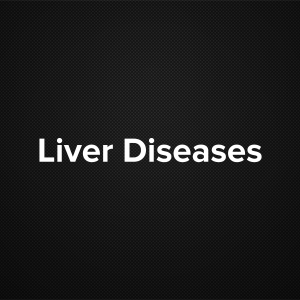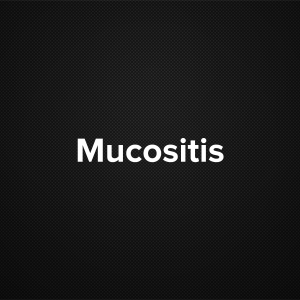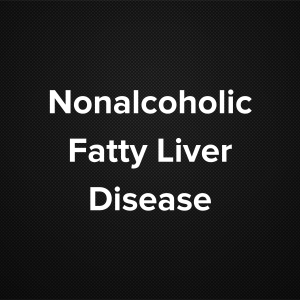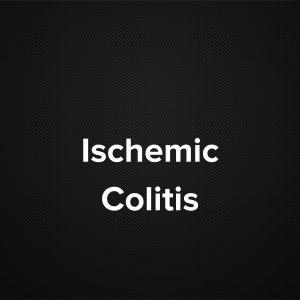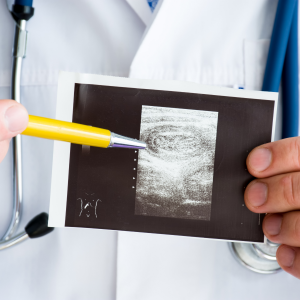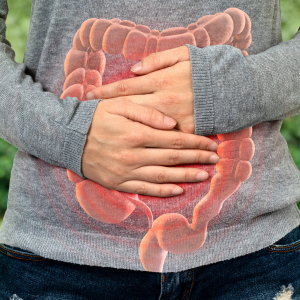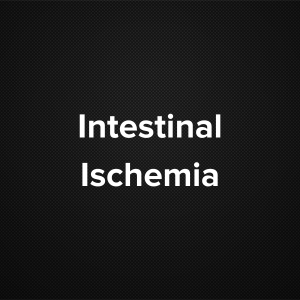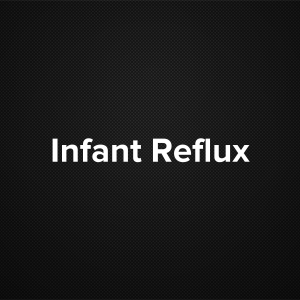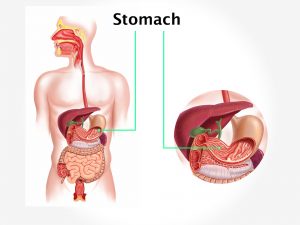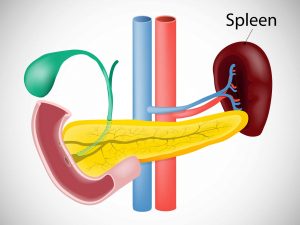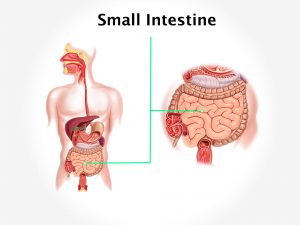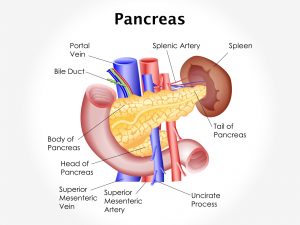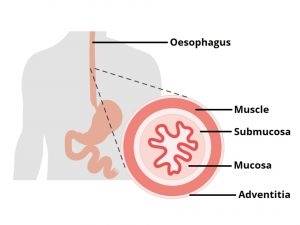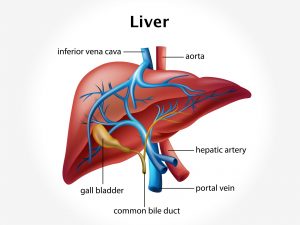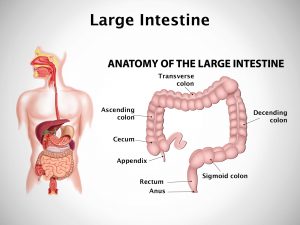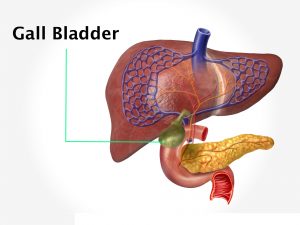Causes and risk factors:
The most common cause of peptic ulceration is the infection caused due to H pylori bacteria. Usage of non steroidal anti inflammatory drugs and stress are the other major causative factors. An individual who Smokes and is habituated to excessive intake of tea, coffee, spicy food is more vulnerable for peptic ulcers. Certain other predisposing factors are chronic renal failure, cirrhosis of liver, chronic pancreatitis and hyperparathyroidism. Studies have shown that high incidences occur in people with blood group A.
Clinical presentations:
Peptic ulcers can manifest with variability of symptoms right from patient being asymptomatic to complaints of hemorrhages. The patient presents with pain in epigastric region or burning sensation in stomach and esophagus. Pain is aggravated on empty stomach and is relieved on eating food. The pain occurs periodically or at night. Heartburn, nausea and bloated feeling in the abdomen are the other associated symptoms seen. Vomiting, pallor, bleeding and pain radiating to the back are the alarming symptoms which suggest prevalence of complications. Peptic ulcers can lead to complications like bleeding from ulcers and extension of ulcers to adjacent structures.
Diagnosis and investigations:
Diagnosis is done on the basis of symptoms narrated by the patient and the palpation of the abdomen carried out by the doctor. Certain investigations which are recommended are complete blood count, stool examination. Serological test for IgG antibodies is confirmative test for H pylori infection. Barium meal X-rays and upper gastrointestinal endoscopy are the diagnostic investigations for peptic ulcers.
Treatment:
Medications like H2 receptors and proton pump inhibitors along with antacids are the main line of treatment of peptic ulcers. Although it is recommended that high fatty food, junk food or spicy food should be avoided yet there are no evidences to show that dietary changes help is healing of ulcers. However it can prevent the aggravations. Immediate medical care and surgical management is only advised in cases of complications. Smoking, alcohol and use of NSAID need to be restricted. Nutritious diet is recommended.
